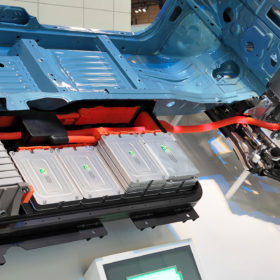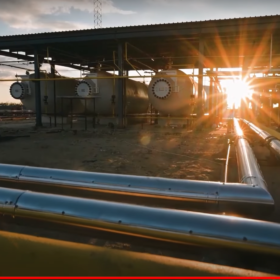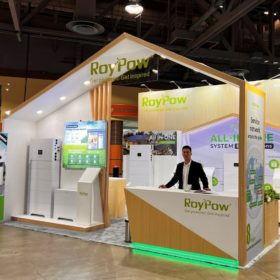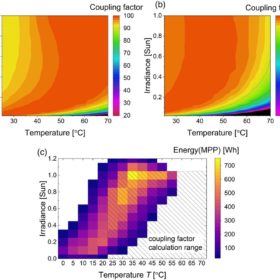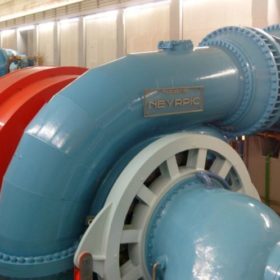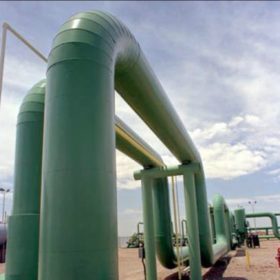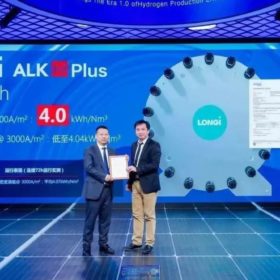India needs over $4 billion to create 50 GWh of lithium battery capacity under PLI Scheme: CEEW
A new study by CEEW deconstructs the lithium-ion battery cell manufacturing process, calculates the material and finance requirements, and offers a blueprint for the domestic strategy.
Gujarat govt, Greenzo Energy sign MoU for $60.4-million electrolyzer fab
The Gujarat government has allotted 10,000 sq.m of land and extended other support for Greenzo Energy’s proposed electrolyzer factory in Sanand.
Acme Group and Japan’s IHI to jointly explore opportunities in green hydrogen
Indian developer Acme Group and Japan’s IHI have signed a pact to jointly explore opportunities across the green hydrogen and ammonia value chain, including production, handling, transportation, distribution, and power generation.
Renewable energy auctions not in tandem with government targets
India tendered only about 28 GW of variable renewable energy capacity in 2022, as against 40 GW in 2019. The nation needs to add 30-35 GW of new VRE capacity annually to reach its climate targets by 2030 and that requires more than 35 GW of annual tendering.
Manufacturer releases home backup solar battery
RoyPow introduced a new residential lithium-ferro-phosphate battery this week at Intersolar North America in Long Beach, California.
Servotech appoints EV charging solutions distributor for Middle East and Africa
Servotech has signed a pact with Dubai-based Al-Ansari Motors to provide EV charging solutions in the Middle East and Africa. The company aims for $50 million in business from this region in the next one to two years.
Replacing MPPT with direct PV-battery coupling
Researchers in Germany have assessed direct coupling and integration between PV and batteries at the scale of a single PV module. They say their solution could be cheaper and provide superior performance than maximum power point tracking (MPPT) in optimizing PV system performance.
Guidelines for pumped storage projects in India
The draft guidelines released by the power ministry include concessional climate finance and utilization of exhausted coal mines as sites for pumped storage projects.
Pune to host waste-to-hydrogen plant
Sustainability solutions provider TheGreenBillions Ltd (TGBL) has joined hands with the Pune Municipal Corporation (PMC) on the waste-to-hydrogen project. The plant will utilize Pune’s 350 tonnes of municipal waste per day to generate hydrogen for 30 years.
Longi releases new alkaline electrolyzer
China’s Longi claims that its new ALK Hi1 electrolyzer can produce hydrogen with an energy content of 4.3 kWh per normal cubic meter. It says the levelized cost of hydrogen could be up to 2.2% lower than other electrolyzers on the market.
